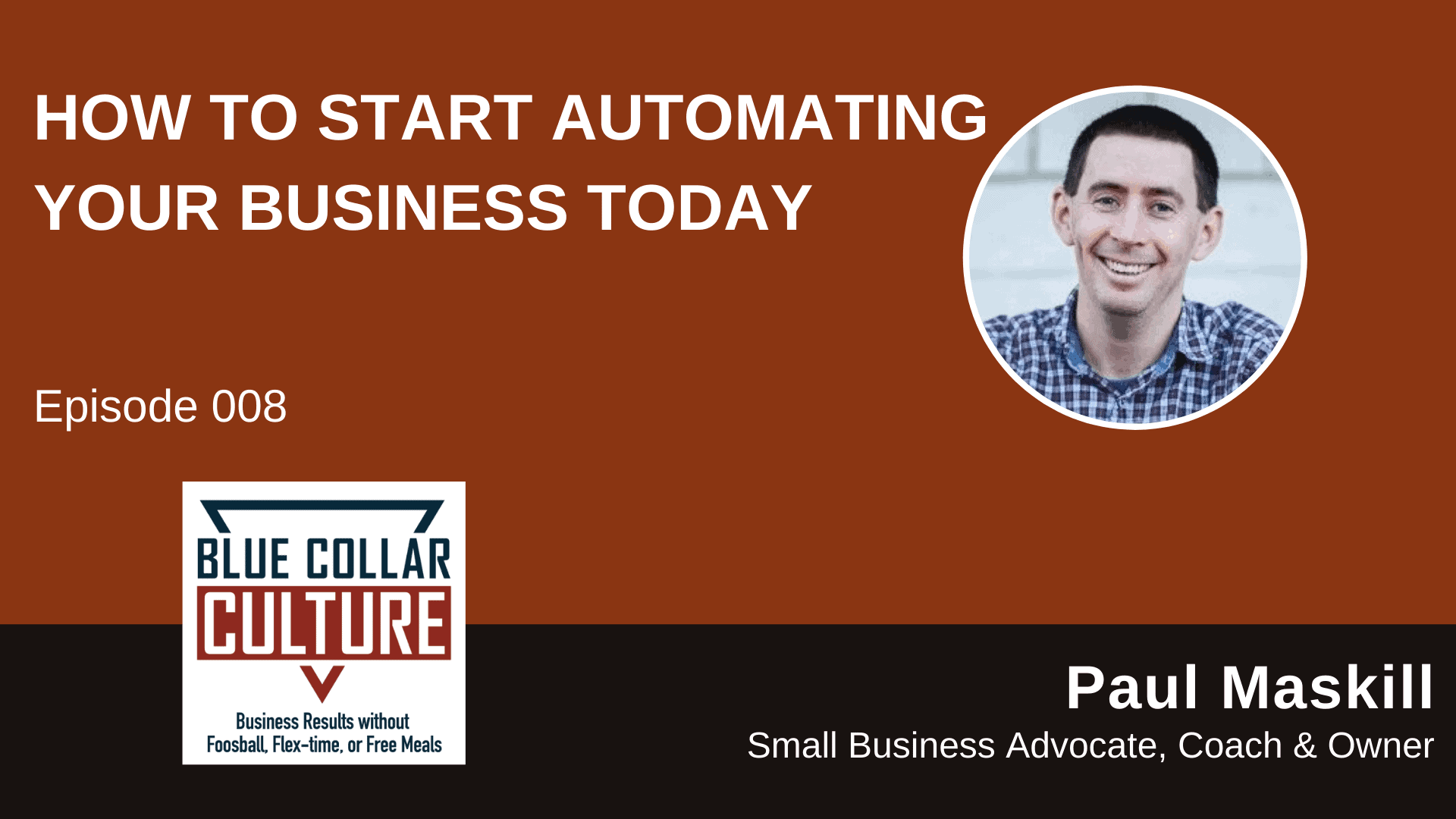In today’s episode, we sit down with Paul Maskill. After building his own business from zero to half a million dollars in 4 years and selling it for a lucrative return, Paul founded the Ultimate Freedom Mastermind.
After watching his father pour everything he had into his own service business for 40 years until he couldn’t do it anymore, Paul knew something had to change. Today, Paul helps other small business owners automate and scale their business so it can thrive without them,enabling them to leverage their business to build a life they love.
We’ll chat with Paul about how to initially identify a problem within your business, how to start getting out of your business so you can work on it, as well as…
- Simple changes you can make to start automating your business now
- How to start reclaiming your time
- When to hire, how to do it, and how to find the right person
- The tactics Paul is using with his clients right now
- And more
Listen now…
Mentioned in this episode:
- Paul’s Website
- Connect with Paul on: Facebook, LinkedIn

